Recognizing the power of children’s imaginations in narrative therapy.
Therapists may marvel at children’s imaginative triumphs, but how often do they recognize such talents as vital to the therapy hour? Should therapists reserve a space for make-believe only when nothing is at stake, or might it be precisely those moments when something truly matters that imagination is most urgently needed?
This book offers an alternative to therapeutic perspectives that treat children as vulnerable and helpless. It invites readers to consider how the imaginative gifts and knowledge of children, when supported by the therapist and family, can bring about dramatic change.
The book begins with an account of the foundations of narrative theory. It explains how such elements as language, characterization, and suspense contribute to the coherence of a story and bring young people into focus.
Each subsequent chapter provides specific suggestions for the practice of narrative therapy. Examples of the difficulties children face are offered, along with narrative interventions and tips for overcoming common barriers that can arise along the way. Readers will learn a variety of ready-to-implement strategies, including how to personify problems, compose letters to affirm children’s identities, summon fairies to lend a helping hand, and many more. Sample dialogues between the authors, children, and their parents bring the application of each practice to life, illuminating how even the most stubborn problem can be outwitted, sometimes by mischievous means.
With robust professional insight, Narrative Therapy in Wonderland will aid any practitioner in calling on children’s imaginative know-how. How often can a young person be spotted diving headlong into a world of fantasy? This book explores the extraordinary fact that these young people may, upon arrival in Wonderland, be far better equipped to take on even dire challenges than when they remain “up above.”

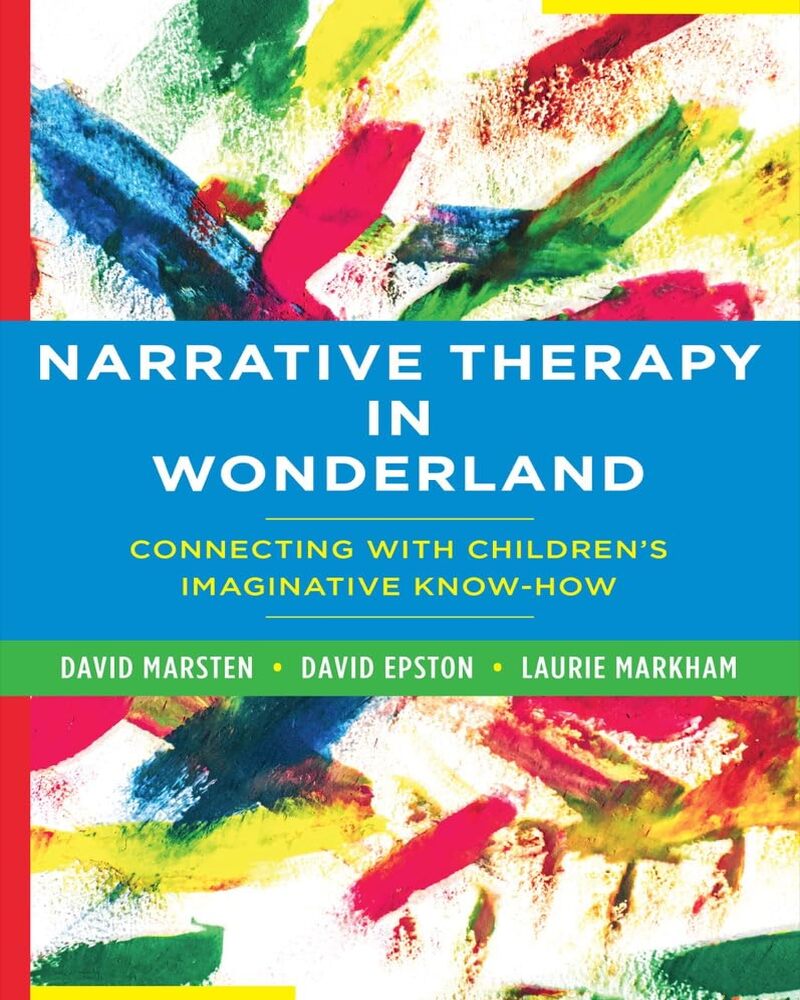
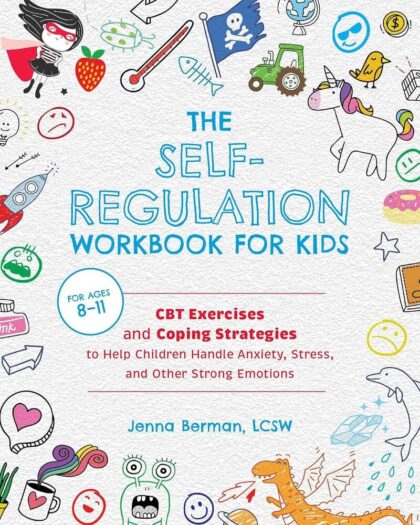
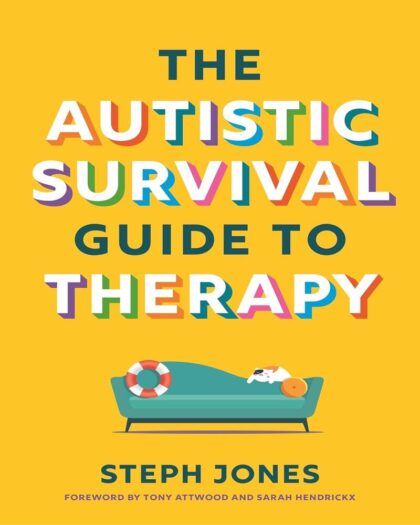
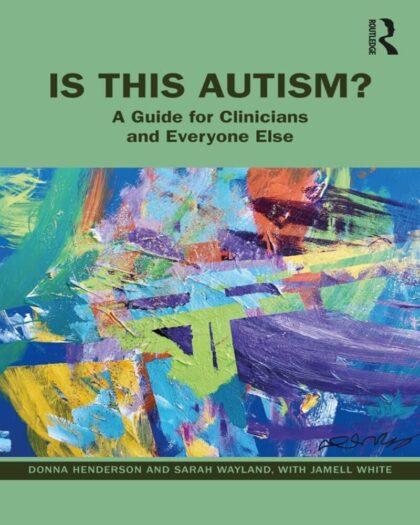
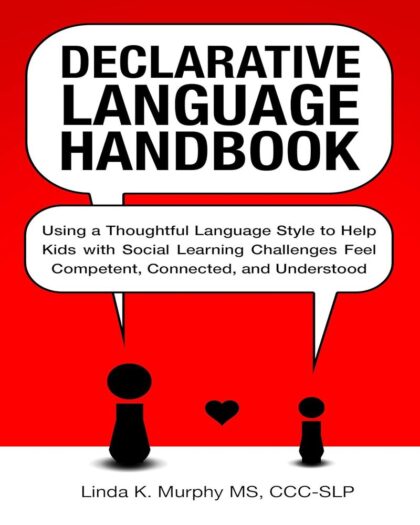
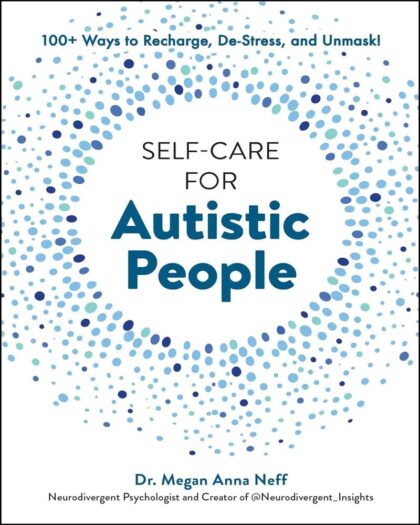
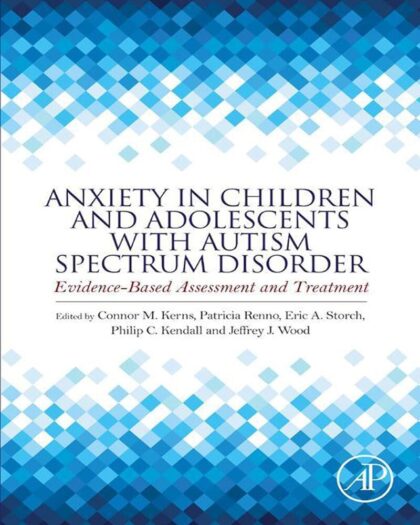
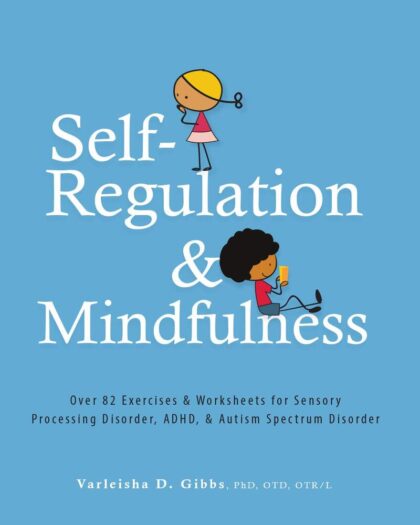
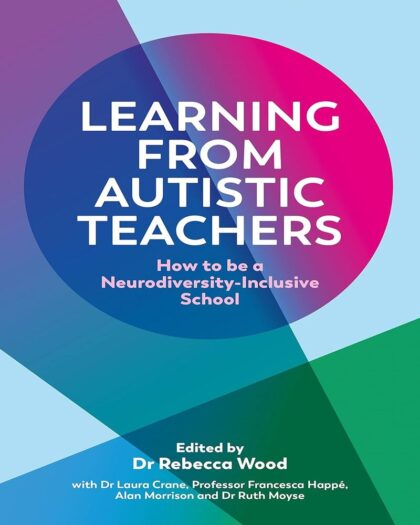
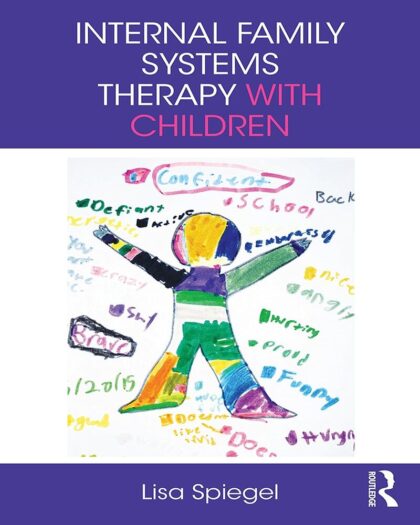
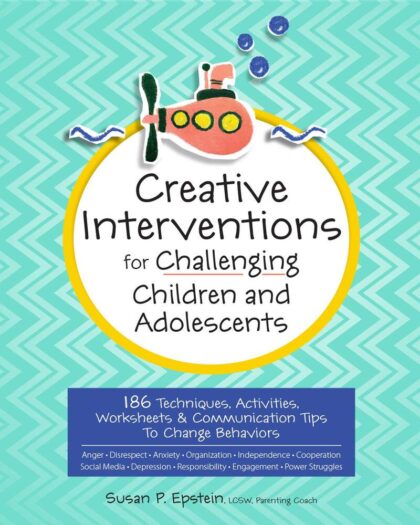
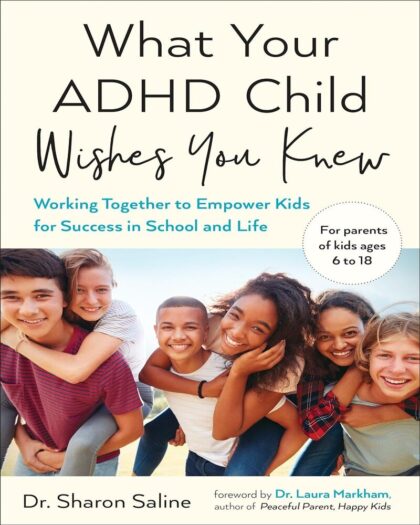
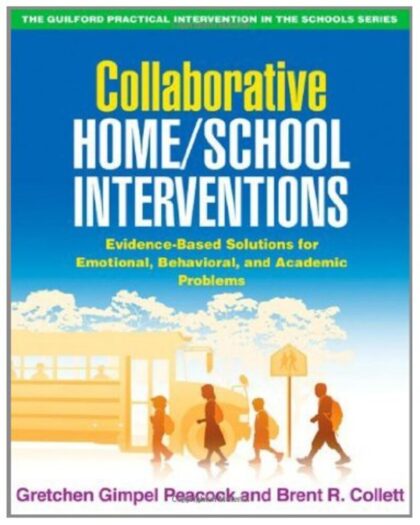
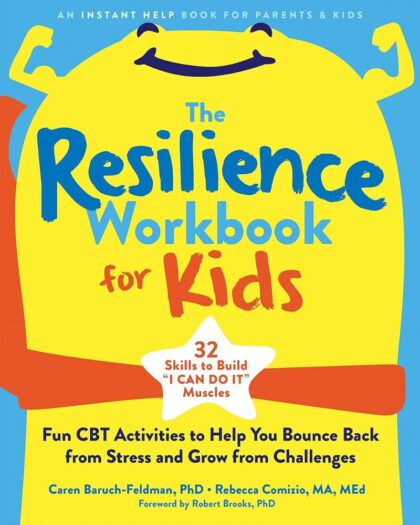
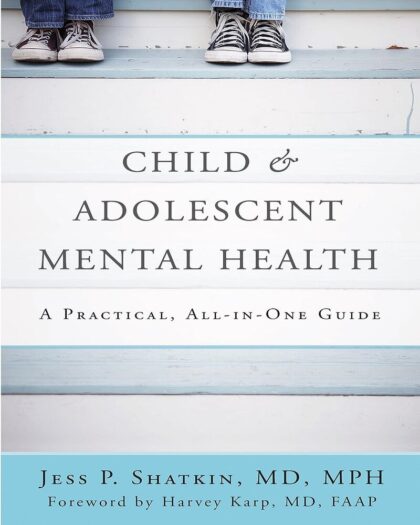
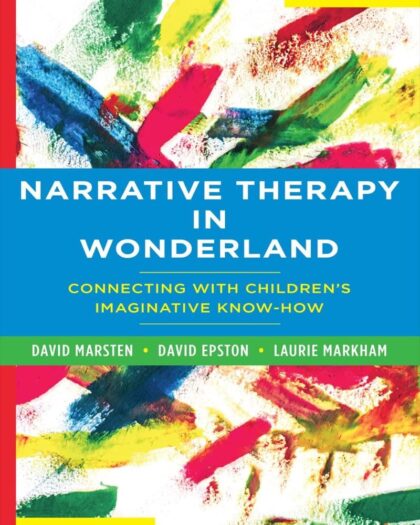
Etai Shachar
(Father of two)
As a mom, I found much to appreciate, including the value of holding my child’s “wonderfulnesses” close by, particularly when the problem is asking me to ignore them. I especially welcomed the chapter on mother-blame. It helped me to loosen the shackle of guilt that we, as moms, are all too often contending with.
I have no doubt Narrative Therapy in Wonderland will soon enough have the tell-tale signs of one of my treasured books with a worn cover and coffee stained pages.
Gregory Howard, Ph.D.
Narrative Therapist and trainer